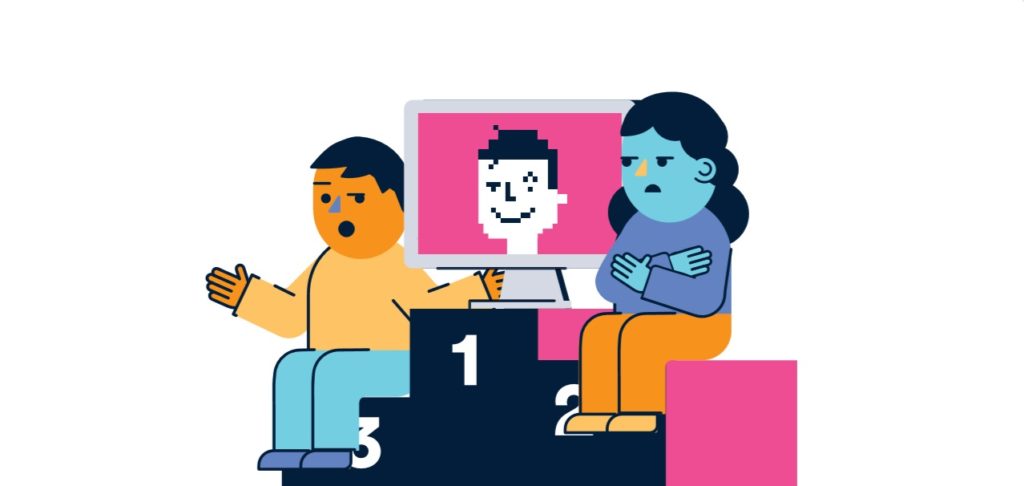Module 4: My Rights Online

Core Concept
This module aims to increase awareness and knowledge of young people’s online rights, e.g. the right to be forgotten, privacy, the right to information etc. It explores the legal framework protecting young people’s rights online and considers the responsibilities and risks presented by young people’s use of social media.
Learning intentions
This module gives students an opportunity to reflect and understand what the laws are in
relation to online rights and privacy. Students will demonstrate an understanding of privacy
and rights online by researching and developing a quiz on rights and responsibilities online.
Curriculum links
DML Short Course:Strand 4: Publishing myself.
4.1 outline the opportunities and risks presented by young people’s use of social networks
4.2 document young people’s online rights – the right to information, free expression, protection of minors, and the role of parents, governments and civil society in enforcing their rights
4.3 discuss the concept of privacy and its application by young people on social networks
Resources needed
- Worksheets 4.1, 4.1A, 4.2,4.3, 4.4, 4.5, 4.6
- Picture of famous people for Activity 3: What is Privacy?
Methodologies
Think-pair-share, discussion, brainstorming, inquiry-based learning, establishing key words and key messages, active learning, quiz, walking debate, jigsaw
Embedding digital technologies
Schools with access to digital devices (e.g. tablets, laptops, phone) can capture students’ responses on relevant discussion activities using a variety of web-based tools (e.g. school’s VLE, Mentimeter, Flipgrid, etc). It would also be worthwhile asking students to take a screenshot of relevant tasks completed and save this in their own digital portfolio (folder) as a record of their work throughout the course. Students can demonstrate their understanding of rights and laws by developing an online quiz for their peers using digital tools (e.g Google/365 forms, Survey Monkey, Quiz Maker, Kahoot, Wizer.me, etc.).
Differentiating this module
Depending on the nature of the student’s needs, there may be a need to have dedicated lessons prior to this module to decode and demystify the complex language surrounding the topic. Some students may find it difficult to access language such as ‘exploitation. A vocabulary list of recommended words is provided for this activity to complete for students with SEN. The purpose of this is to unpack the key concepts of the module thus making the language more accessible. It is advised that vocabulary is evaluated post-teaching to reinforce students’ learning.
Significant scaffolding may need to occur to enable students with SEN to participate in Activity 2: Considering rights online.
Dedicated lessons may be needed to explain the concept of rights to students with SEN, depending on their needs.
Differentiated worksheets (‘a’ versions) are provided to assist students who may have slow processing or memory difficulties in figuring out the main points. Students with SEN may have difficulty reading aloud, avoid putting pressure on individual students to read aloud.
Teachers may find the NCCA Guidelines for students with mild learning disabilities also helpful: https://www.ncca.ie/en/resources/pp_spee_cspe





